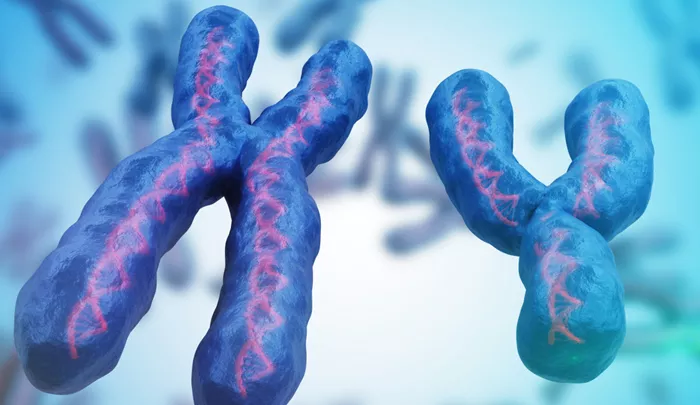Scientists have discovered that men are gradually losing their Y chromosome in some of their cells as they age. The Y chromosome, which helps determine male traits, is much smaller than the X chromosome and has lost many genes over millions of years.
While it may take millions of years to disappear completely, this loss is already affecting men’s health today.
Starting around age 50, some men begin to lose the Y chromosome in blood cells, a condition called “mosaic loss of Y” (LOY). By age 80, about 40% of men have many blood cells missing the Y chromosome. Studies show that men with LOY have higher risks of heart disease, Alzheimer’s, certain cancers, and tend to die earlier.
The Y chromosome contains genes important for the immune system. Losing it can weaken the body’s defenses and increase the chance of serious illnesses.
Research on mice shows that without the Y chromosome, tumors grow faster and heart damage worsens. Some cancers without the Y chromosome respond better to specific treatments, showing complex effects.
Interestingly, some animals have already lost their Y chromosome but still reproduce normally, thanks to other genes taking over its role. This suggests humans might also adapt if the Y chromosome disappears in the distant future.
To protect their Y chromosomes, men should avoid smoking, pollution, and harmful chemicals, and maintain healthy habits like good nutrition, exercise, and sleep. New medical tests may soon help track Y chromosome loss and guide treatments.
While the slow disappearance of the Y chromosome is a natural process, it also raises important health concerns for men today. Staying healthy and informed is the best way to reduce risks linked to this genetic change.
Read more:
- Why Men Over 40 Must Cut Down on Salt for Better Health?
- What Tests Are Done To Check Male Fertility?
- Australia Eases Blood Donation Rules for Gay and Bi Men


